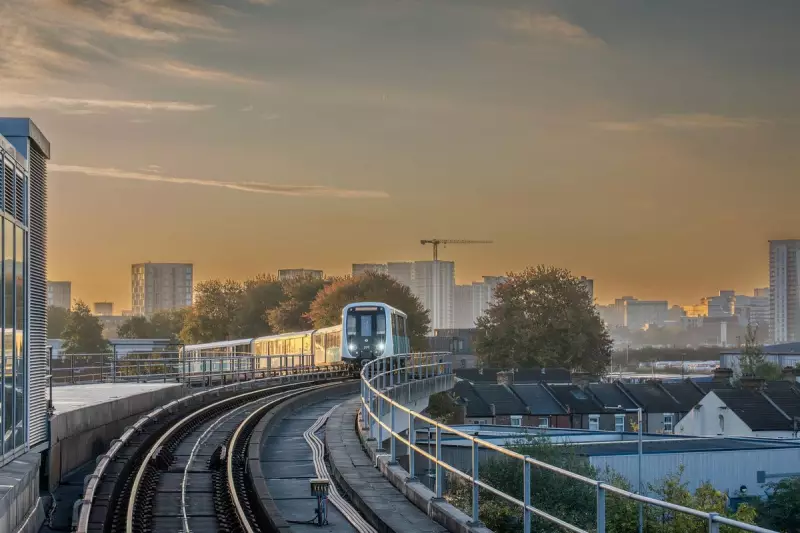
London's beloved Docklands Light Railway (DLR) is undergoing its most significant transformation in decades, with a massive £500 million investment bringing 54 brand-new trains to the network.
A New Era for East London Transport
The first of these state-of-the-art trains has already arrived in the capital, marking the beginning of a rolling replacement programme that will see the entire fleet upgraded by 2026. This represents the biggest single investment in the DLR since it originally opened for the 1987 London Docklands development.
What Passengers Can Expect
The new trains promise substantial improvements for the millions who rely on the DLR each year:
- Increased capacity: Each new train can carry approximately 10% more passengers than current models
- Enhanced accessibility: Full-width walk-through carriages and improved spaces for wheelchair users
- Modern amenities: Digital information screens, charging points, and air cooling systems
- Improved reliability: Newer technology means fewer breakdowns and delays
Keeping London Moving
This upgrade comes at a crucial time for East London, where passenger numbers are expected to grow significantly with ongoing developments in the Royal Docks and surrounding areas. The DLR currently serves key destinations including Canary Wharf, London City Airport, and the ExCeL London convention centre.
"This is fantastic news for Londoners and visitors alike," said a Transport for London spokesperson. "The new trains will not only provide a more comfortable journey but will also help us meet the growing demand for DLR services."
The Rollout Schedule
While the first train has arrived for testing, passengers won't immediately see them in regular service. Extensive testing and driver training will take place throughout 2024, with the new trains gradually entering passenger service from 2025 onward.
The programme will see all 54 new trains operational by 2026, completely replacing the existing fleet that has served London since the 2012 Olympics preparations.





